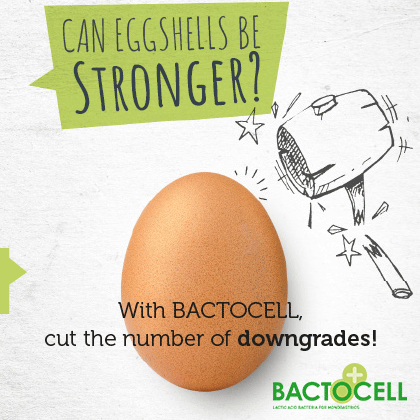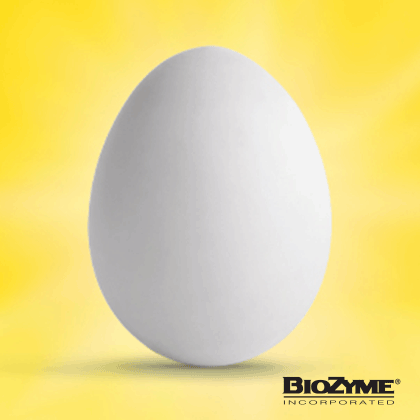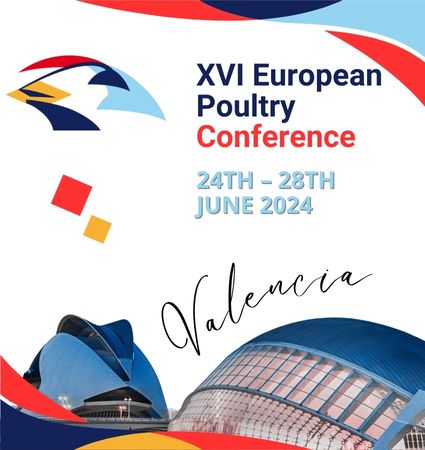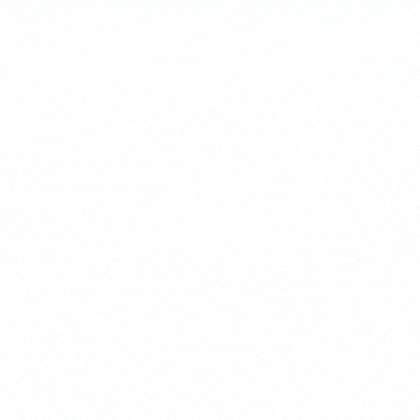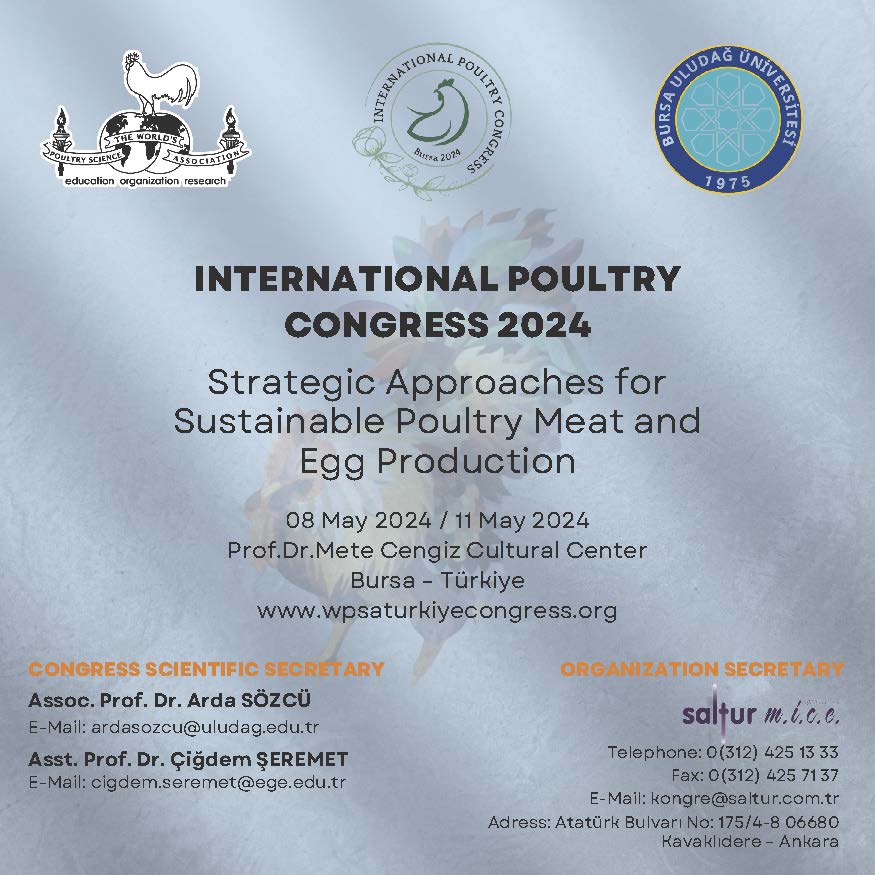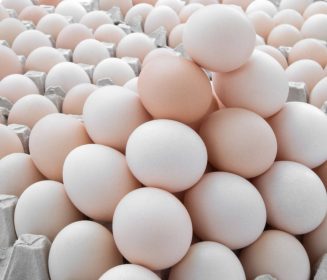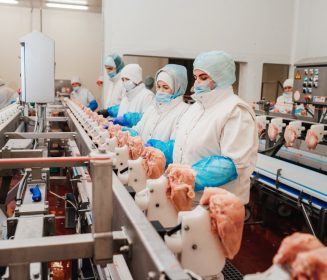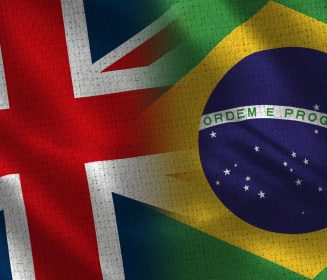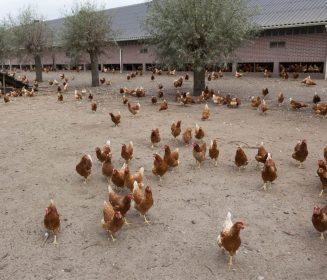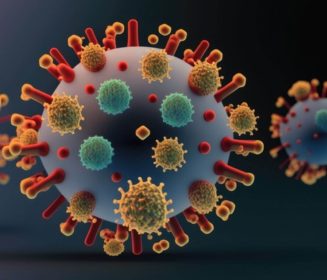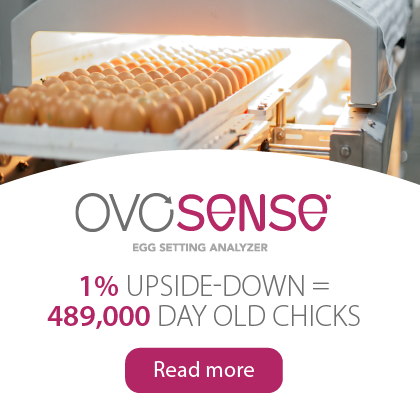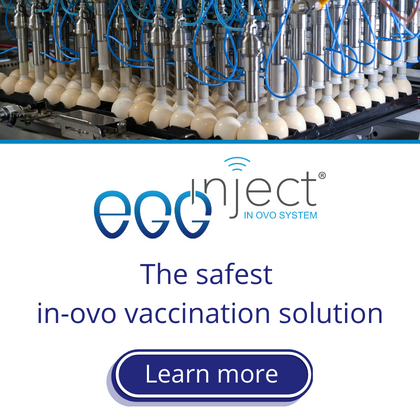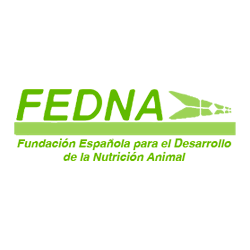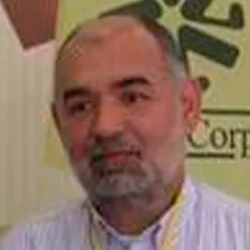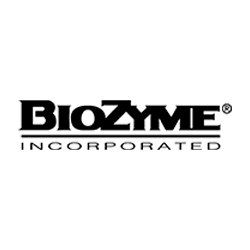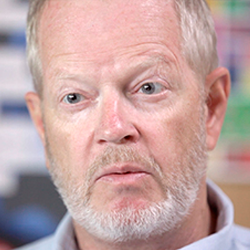10 Jul 2020
Exploring alternative protein sources for the future
Contenido disponible en: العربية (Arabic)Despite all the rage generated in the recent years by vegan and vegetarian diets in Western […]
Despite all the rage generated in the recent years by vegan and vegetarian diets in Western and other developed countries, there is still a global growing demand for animal produces for human nutrition. Changing diets necessitate a substantial amount of protein as an input for animal production. Protein sources of the future will seek for ways to become independent of arable land in order to avoid land over-use.
Nowadays, Globally but especially in Germany, insect farming as well as micro-algae harvesting are slowly becoming active sectors. This is being done in hopes to meet protein demands for humans and animals alike. A research team at the University of Göttingen have explored whether these novel protein sources alter regular meat quality. Their findings have been published in the Journal of the Science of Food and Agriculture (JSFA).
In a study conducted as a part of the "Sustainability Transitions in the Food Production" project, broiler chickens were raised using feed with different protein sources that included soybean meal, spirulina, and insects. Their growth, meat quality (especially shelf life), and eating quality were investigated.
Laboratory taste testing result analyses across 132 birds demonstrated that black soldier fly larvae meal and spirulina can be included in poultry feed without negatively impacting quality. Broilers fed with black soldier fly larvae meal produced meat equivalent to the already existing standards. Chickens fed with spirulina produced meat with a more intense colour and flavour.
"Overall, both proved to be potential soybean meal alternatives in the search for new protein sources for animal feed," as explained by the study lead researcher Dr Brianne Altmann.
Micro-algae are mostly produced for bio-fuel, animal feed, and human consumption; however, are significantly more expensive to be considered as a viable alternative to soybean meal. In the European Union, insects are only authorized for human consumption and for fish feed; though they are likely to be approved for poultry feed in the near future.
However, "sustainability necessitates the incorporation of waste products in the production of insects," explains Professor Daniel Mörlein, professor for the Quality of Animal Products.
Continue after advertising.
Three groups at the Faculty of Agricultural Sciences, University of Göttingen, are currently examining the foundations for more sustainable and socially-accepted plant and animal-based foods.
Source: https://www.sciencedaily.com/releases/2020/07/200701134246.htm

